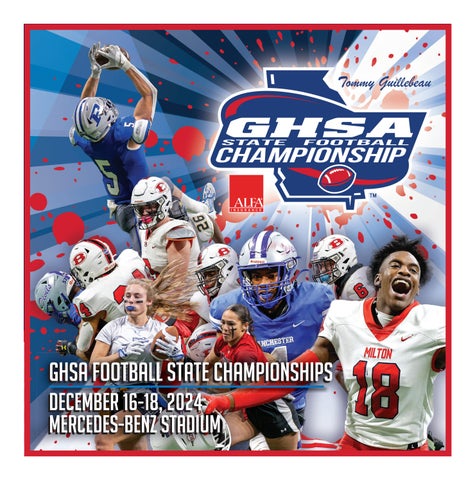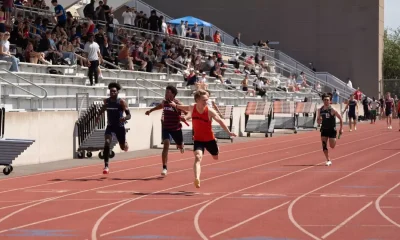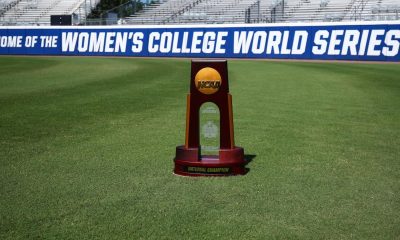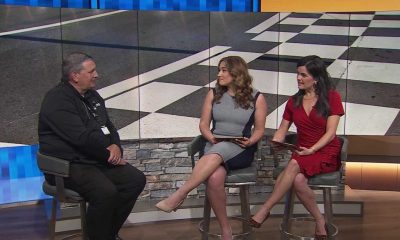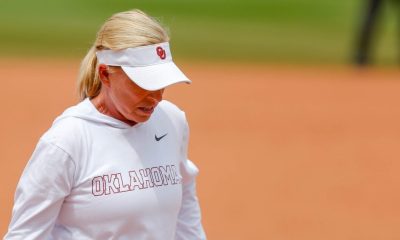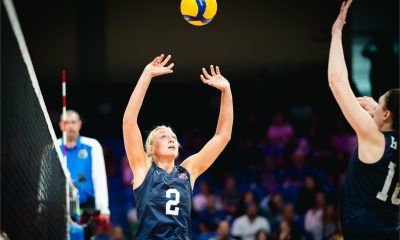When track and field coach Dave Murray retired after 35 years at Arizona in 2002, Fred Harvey took over the program and immediately set himself up for a losing bet.
“I smiled when he retired and I said, ‘Man, I’ll never catch you. Rest assured, that is not my plan in life,’” Harvey said. “Thirty eight years later, here I am.”
Harvey, who will retire after this season, had already been at Arizona for 15 seasons as an assistant and associate head coach when Murray left. After receiving Murray’s recommendation, Harvey took over the head coaching role in 2002-03 and now he says he will remain around the program in a role that is yet to be determined.
Harvey’s current contract is scheduled to run out on June 30, but Harvey said he “didn’t leave the door open” for a discussion to renew it. UA said it would be “honoring him with the title of Coach Emeritus,” but it is not clear if Harvey will have an active role nor if his assistants for individual disciplines would be retained.
People are also reading…
“It definitely was an honor to hear ‘We want you to be a part of the program.’ Now, what that capacity means right now, we don’t know,” Harvey said. “One of the questions that I did have was if this would involve any form of coaching in any capacity. That’s something that is definitely on the table, but obviously it’s going to have to be for a lack of a better term, tabled, until we find out who we’re gonna end up hiring as a new director.”
Associate head coach Francesca Green is expected to be considered for the head coaching role, while Harvey said he would at least remain active coaching with the Tucson Elite Athletic Club that he and his wife, Janet, run for youth ages 8-18.
“I will 1,000% be involved in coaching at one level or another,” Harvey said.
In an interview with the Star, Harvey discussed his transition and how the changing college sports landscape is affecting track and field, while reflecting on a career in which he has coached 101 outdoor all-Americans, 14 Olympians and even an NFL all-pro in Michael Bates.
A 1983 graduate of Cal Poly-San Luis Obispo, where he earned three Division II all-America honors as a track athlete, Harvey said he still has a lot of passion and energy for coaching.
“It’s what I like to call my ‘why’ — my why is coaching young people, and all the other things that come along with it. I don’t want people to feel like I’m a coward or I don’t want to go through the fight, but it’s a different landscape in college athletics right now.
“I always say to my athletes, ‘Hey, you know what? Suck it up, adjust. Let’s get this thing done.’ And I find myself, saying ‘OK, do I want to suck it up and continue to fight that external battle?’”
Harvey said the battle is not within UA, saying he has been heartened in how Arizona AD Desireé Reed-Francois, and senior associate ADs Will Wheeler and Rachel Blunt, have supported track and field.
“I want to make sure I’m clearly on the record here that what they’re doing for our sport of track and field and cross country is amazing, because a lot of schools are going a different direction with that. Proof positive of that is if you read through the lines of me coming in and saying OK, it’s time for me to retire, move on. That is a prime opportunity (for UA) to say, ‘Well, guess what we’re going to do? We’re not going to do a national search for a coach. We’re moving forward and you know what? We may have to reduce this program down to nothing, like some programs have done.’ That alone just tells me the love and respect that they have for what we do here.”
Harvey said UA has been planning to allot 7-10% of its revenue sharing to track and field, or up to about $2 million, since the maximum revenue sharing with all sports will be $20.5 million if the House settlement is finalized.
That’s “something to work with,” Harvey said, but generating enough NIL via commercial endorsements or booster-funded collectives could still be a challenge, especially for a program he says aims to recruit athletes who are among the top 30-50 in world at their event.
“We have great finances within the city in terms of donors, but it’s not some of the vast donor bases that you see at a University of Texas or an Alabama, or any of those institutions. … One of the things that we’re finding out is holistically, how can our collectives can be more beneficial and effective sports other than football and basketball?
“I love being put on record of if you do not do everything in your power to make sure that football and basketball is continuing to thrive, where else will the funding come from? It’s logic. Buy those season tickets, man, wear your Block A around the city, do whatever you can. (UA administrators) fully understand that, and they’re getting after it big time. They’re not saying ‘OK, (we’ll do it) at the expense of every other sport.’
“Everyone has a different take. There’s a very prominent school in Texas that — I’m not going to give their name — but they’ll get no revenue share (for track and field) whatsoever, at a major institution where there’s a lot of money, because they have to build football better.”
Despite the challenges, Harvey said he is willing to help in whatever capacity he can, whether that be coaching or in community outreach.
“I think I have a lot more to offer the University of Arizona, the Tucson community and track and field … I was very serious with Desireé when I said ‘Hey, I can shake hands and kiss babies with the best of them.’ It would give me so much pride to know that, ‘OK, you have some direction, some thought in the development in our sport, in our community.’”
Since the announcement he was leaving, Harvey said he’s received a “completely overwhelming” reaction via social media.
“There’s no way I can respond back to every single person, so I’m just doing some videos. But the reflection to me is that, I’ve always set out just to be a good person, help young people grow, and really help young people see things and talents, whether it’s from an academic standpoint or athletically, that they’re truly capable of achieving.”
Of all the rewards as UA coach, Harvey said, among the top was watching former Amphi star running back Michael Bates leave the UA football team to focus on track — then win a bronze medal in the 200 meter at the 1992 Olympics … and still go on to an all-pro NFL career as a kick return specialist.
“He had faith and belief. I had faith and belief. Mama Bates had faith and belief. Everyone else thought, ‘This man (Harvey) is actually ruining this man’s life. He’s a football player. Guy’s not going to make an Olympic team.’ … Then to watch him go through that transition and winning the bronze medal? Those are super satisfying moments.”
Another was Georgeanne Moline’s ascent to the 2012 London Olympics, where she finished fourth in the 400-meter hurdles. Harvey said he believes in a “100,000 rep rule” to reach full proficiency at a movement — and said Moline was particularly obsessive about repeating Harvey’s technical suggestions.
“You remember Tim Tebow (a Heisman Trophy quarterback with an unorthodox throwing motion)? Well, when that guy left college, they said, ‘Hey, we’re gonna change his throwing pattern, and blah, blah, blah, blah.’ And the biomechanists were just laughing their butts off. Do you understand how many reps that demands? When that guy’s about to be slammed by a 300-pound nose tackle, he’s going back to what he knows. If that’s not his movement, he’s not going to use it.
“So when I teach hurdles and other things, there’s certain movements that have to happen. The 100,000 rep model comes into play, and we’re going to do it, and we’re going to do it, and we’re going to do it.
“(Moline) was so far away (from the Olympics) but she got there because she was so anal about ‘Coach said to put the leg here, coach said to put the arm here.’”
Still, Harvey said he isn’t better than any other coach at teaching technique, but instead takes pride building relationships with athletes in which they believe he has their best interests in mind and will show them how to get the most from their talent.
“A lot of people, you’ll hear ‘I made this kid do this. I made that.’ No, no, no, no, no, no. You can’t change the genetics of a kid, OK? They either have that ability or they don’t. Your role and responsibility is purely being able to get those young people to realize what their talent levels are. That’s the greatest joy that I think I’ve had.”
Contact sports reporter Bruce Pascoe at bpascoe@tucson.com. On X(Twitter): @brucepascoe

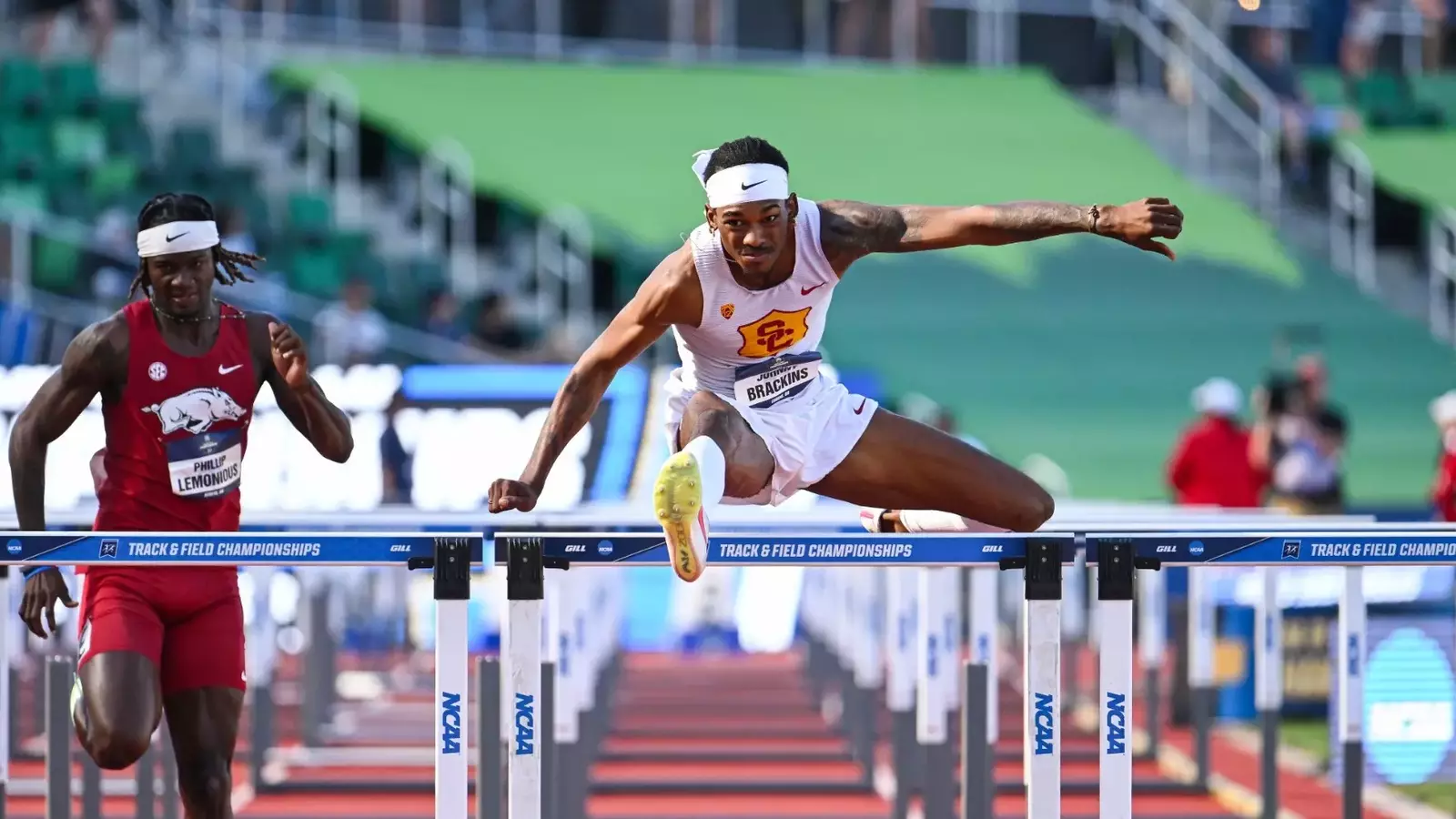

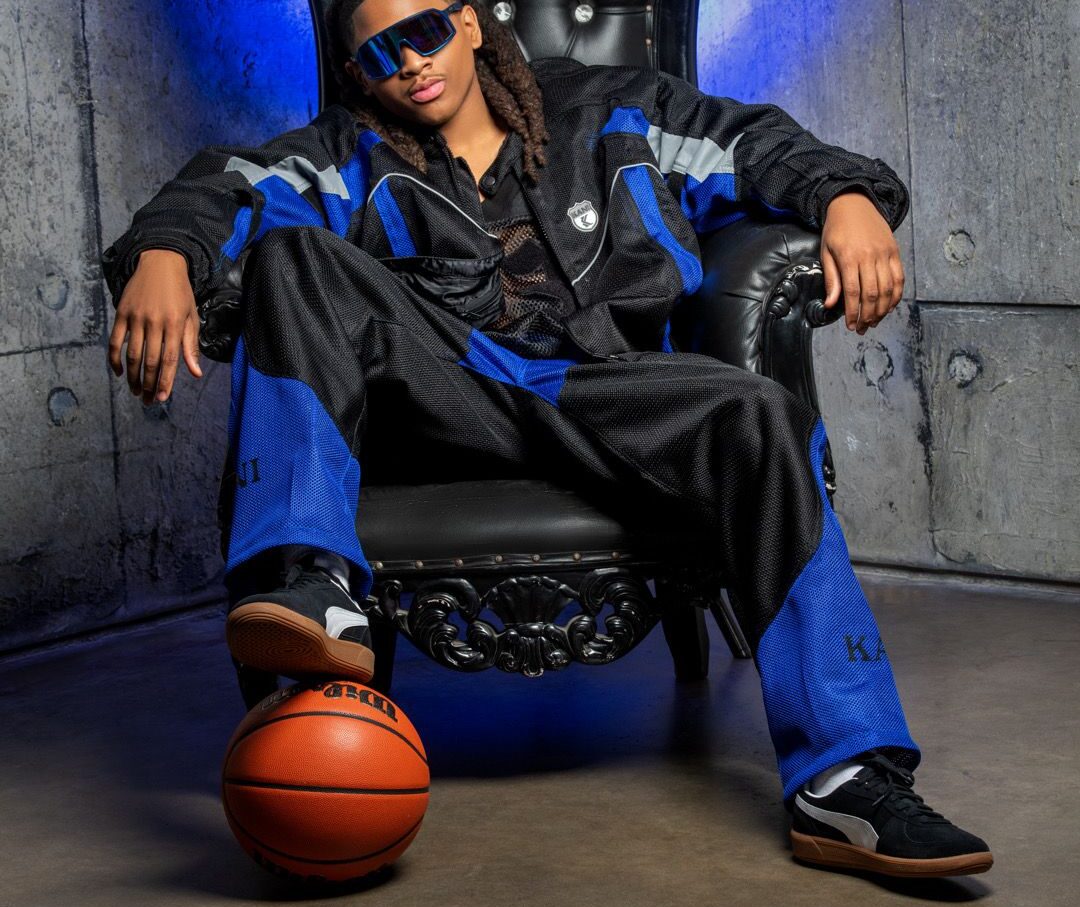

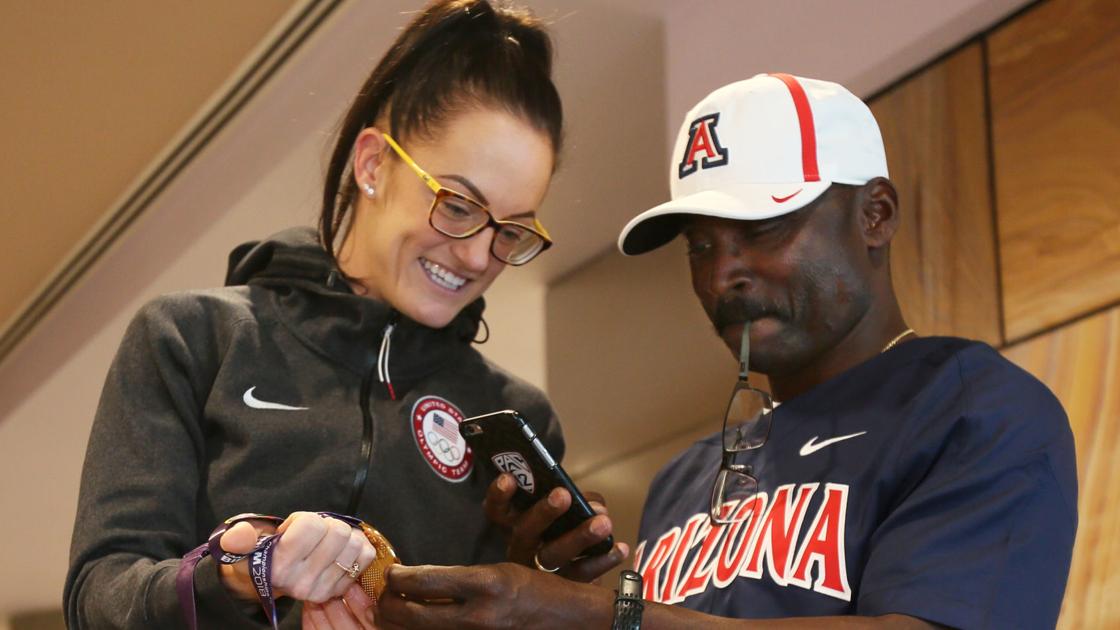



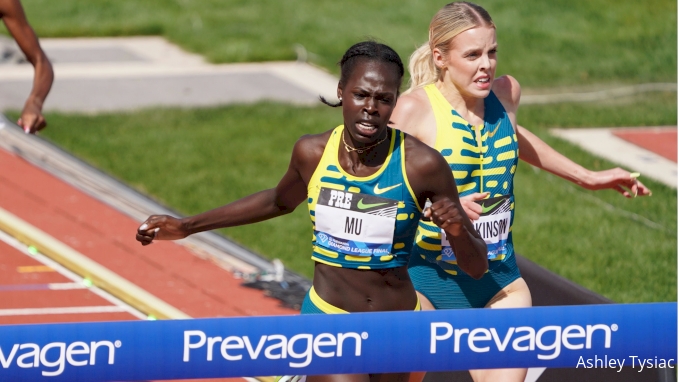
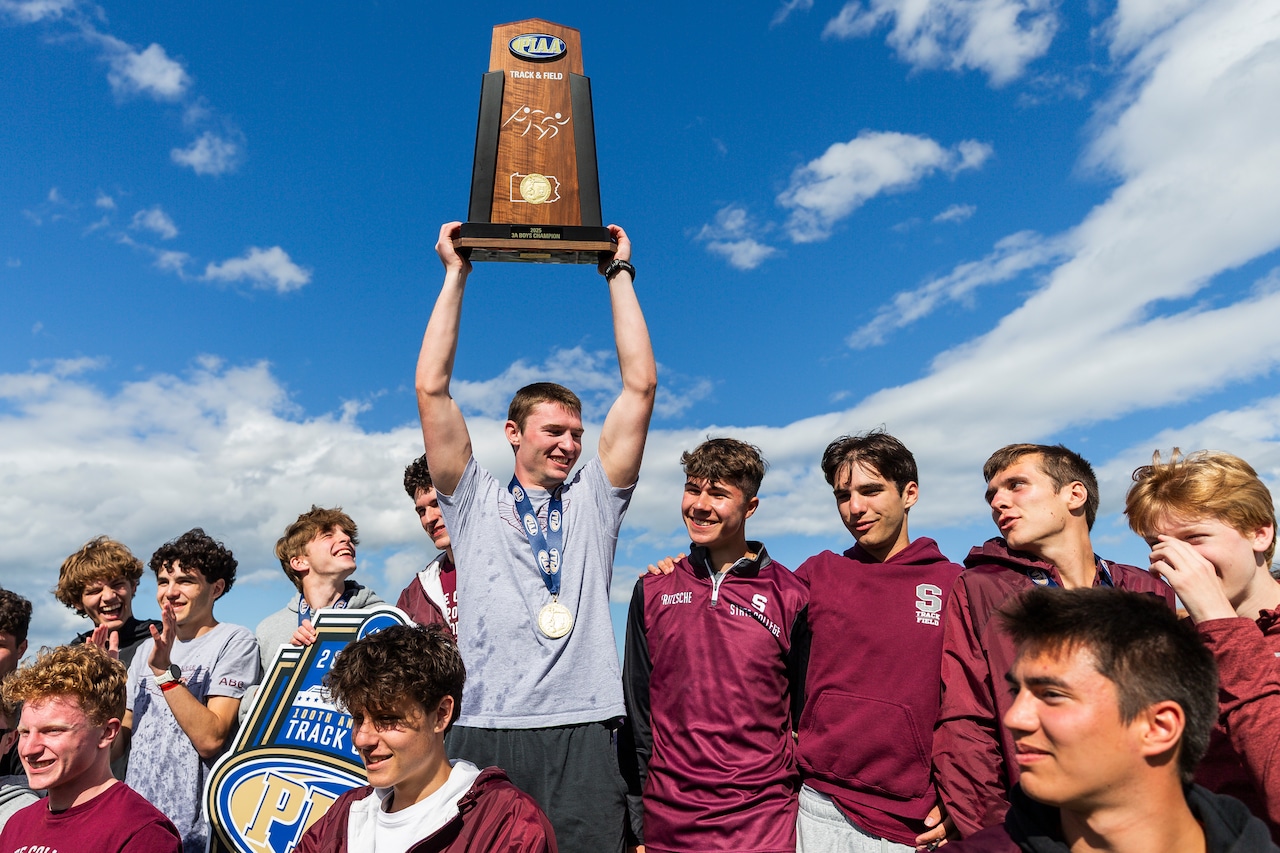
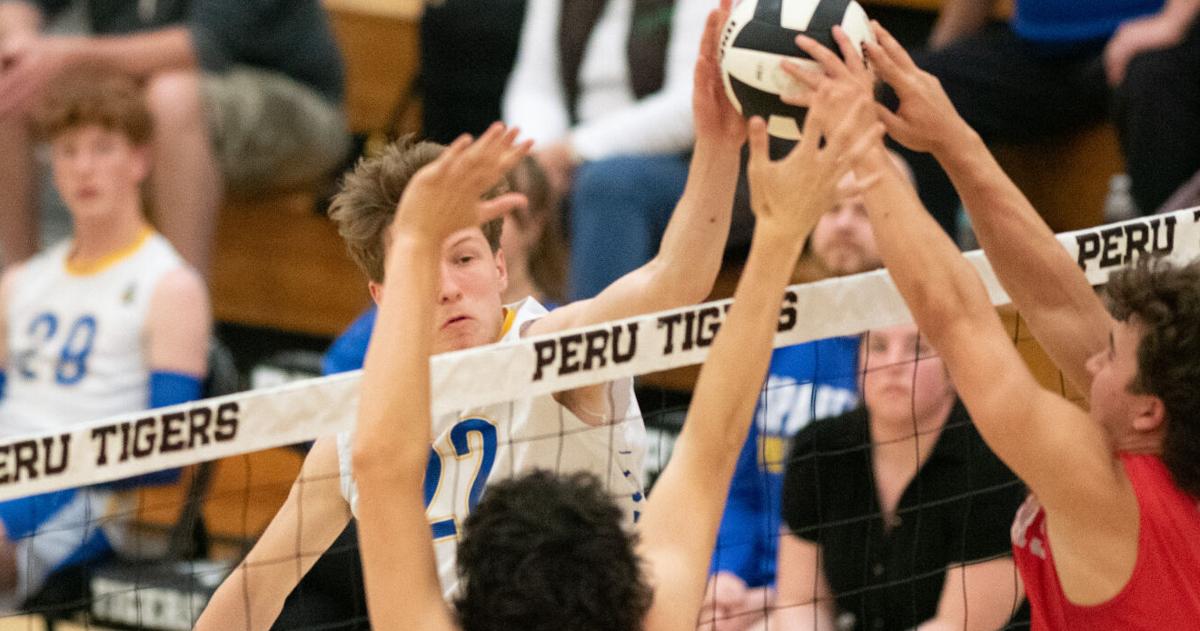
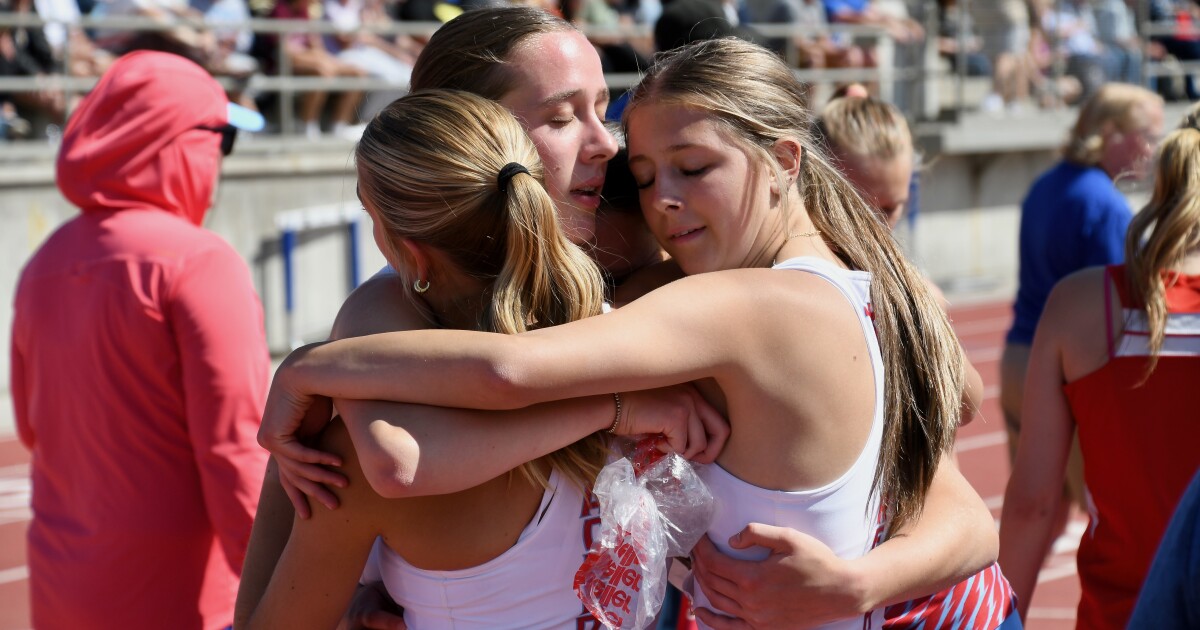















 | NBA on ESPN
| NBA on ESPN






















